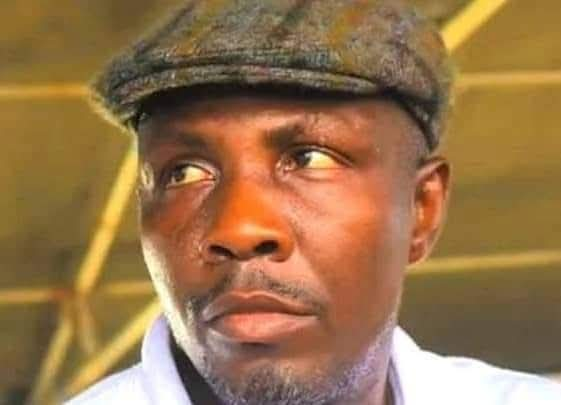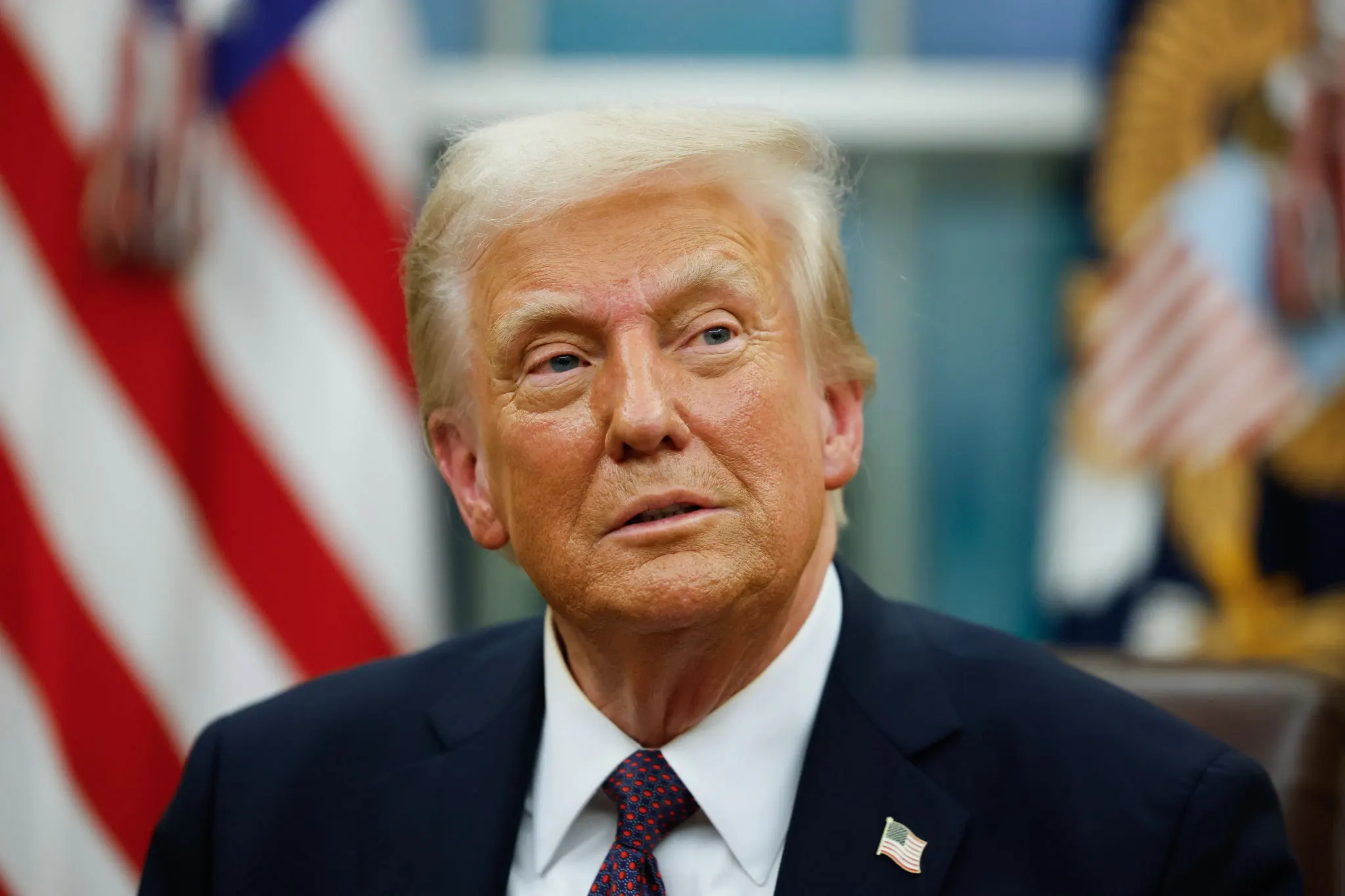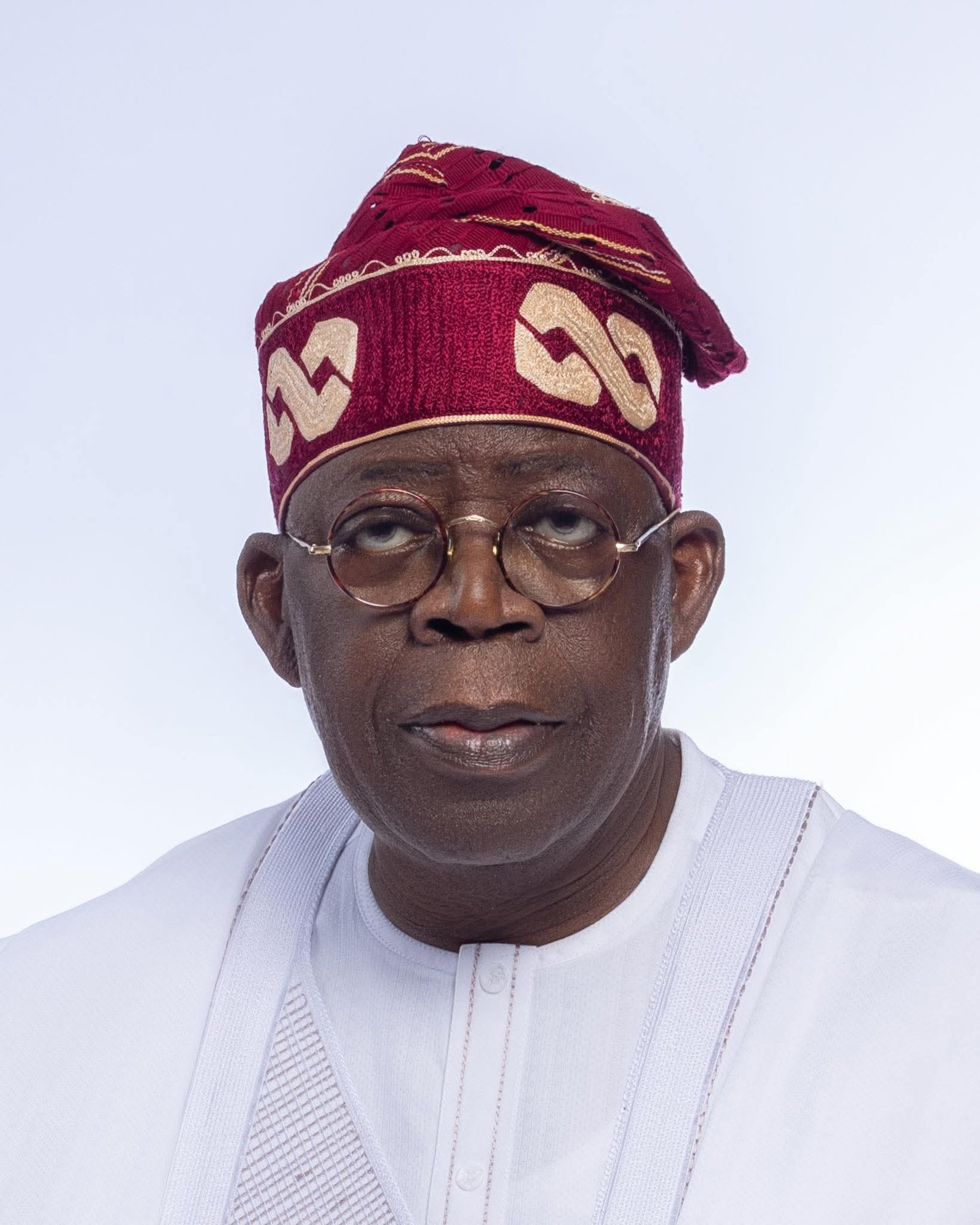By Tosan Blessing Harriman
Thank you for reading this post, don't forget to subscribe!How High Chief Government Oweizide Ekpemupolo continue to chart a novel path uncommon with mundane people requires a study. I thought I could place one or two students to attempt a Masters Dissertation on this man from from a psycho historico perspective – where everything one loves, everyone one knows, everyone one ever heard of, every human being who ever was, their nature, behavioural traits and histories are examined. It is in these enquiries we unravel the aggregate of joys and sufferings, thousands of confident religions, ideologies, and economic doctrines, every hunter and forager, every hero and coward, every creator and destroyer of civilization, every king and peasant, every young couple in love, every mother and father, hopeful child, inventor, and explorer, every teacher of morals, every corrupt politician, every ‘superstar,’ every ‘supreme leader,’ every saint and sinner that ever traversed the context of history.

While by the very nomenclature he is known and revered, Tompolo protected the traditional institution of his Gbaramatu people, until the one who rightly deserved the stool was found, examples elsewhere suggest vitriolics, chicanery, intra and inter royal house battery, internecine warfare, conspiracy, fire fights and sometimes killings. Often we find perhaps no better demonstration of the folly of human conceits than the display of this crass irresponsibility around royal stools. To me, it underscores our responsibility to take a second look at our traditional institutions especially as it relates to succession. This would help us follow history and deal more kindly with one another, to preserve and cherish our cultural stools.
We must understand very quickly that there is no existential handbook or rules that confers statutory powers on government to control kingship. Technically, political leadership has no role in administering kingship institutions. And while there are spoken and unspoken expectations that provide some structure, the role of kingship is largely shaped by the passions and aspirations of the society holding it.
Ceasar, Pilate, kaya Majan Cisse, Askia the Great, Mansa Moussa, Sunni Ali were earthly sovereigns that once had dominions over lands and seas. How these once powerful institutions seemed to have kowtowed into the web of political sophistry can only be explained in the greed and confliction that follows royal succession.
We must understand very well that it is a miscarry of roles for government to issue staff of offices to kings. There is no such place in history. What we have today is a reflection of the spurious make up occasioned by the finitude of the human nature in losing touch with its past – how that past really was.
Tompolo had himself to make king as he was already Tunteriwei Gbaramatu at the demise of his Father Chief Osen Ekpemupolo and no one would have batted an eyelid if he did but guided by his abiding faith and his commitment to the cultural practices of Gbaramatu, Tompolo used his persona in profoundly meaningful ways. His groundbreaking work to combat the stigma that kingship must evolve from a close knit group of capable friends who are able to steal their way to societal reckoning brought to light the slightest possibility of what gave to Gbaramatu kingdom its present Pere. Tompolo advocated for proper succession thus sidelining himself and many others who thought he could vary the succession procedure Tompolo consulted with the Egbesu Gbarran and knew exactly who the king should be and ordered a search party to go look for him wherever he was then. Tompolo championed this cause of fairness and in the process instilled responsibility and order into the cultural practices of the Gbaramatu people. He has been involved in offering many support services to Gbaramatu kingship institutions in the more than many years that followed the ascension of the present king.
He has always offered a few words of advice and always — always — a helping hand. Sometimes he almost certainly convinces us to make the role of protecting cultural practices our own, just like he did. If all cultural institutions had followed this path, political leadership would not have stolen the authority of divine rights of traditional monarchies. Our historical societies will remain grateful to Tompolo for his support and generosity.
It was in Nigeria particularly in Rivers State we saw a sitting Governor openly castigate the cultural representative of a people. Once in Edo state and several places we have seen governments openly upbraid kings and subject traditional stools to indignities. There are many societies people governments made kings are not from those societies. This should not be it. All cultural institutions must locate its original cultural bearings to vest on its kings not governments.
I write to celebrate the remarkable legacy of High Chief Government Oweizide Ekpemupolo, a cultural perfectionist, philanthropist, and advocate who see living as an opportunity to lift up others. His life is a reminder that no matter who we are, our legacies are best measured not in awards or accolades or sitting as imposed kings, but in the lives we touch.
Nigeria would always remain enthralled at this man of culture whose birth was a product of cultural foreboding and would eternally be grateful that this High Chief was born in her.
*Tosan Blessing Harriman, PhD, is a Senior Lecturer at Bayero University, Kano, Nigeria
Kindly share





